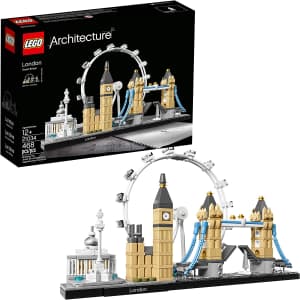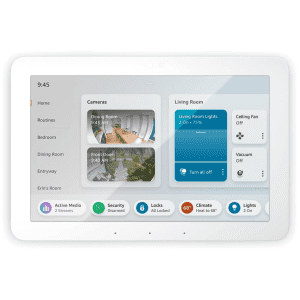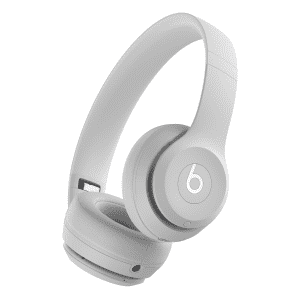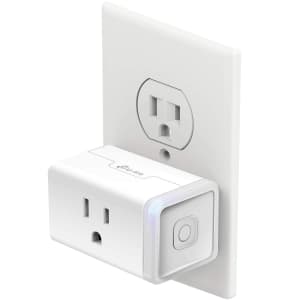
Get deals on a selection of men's apparel and accessory items, with everything priced at $2 or less. Customers are limited to three items and you must order $25's worth of items to receive free shipping. Buy Now at Amazon

Get this rare free shipping offer through December 15th using promo code "FREESHIP". This yields an $8 savings for orders under $75, the usual free shipping threshold. Shop Now at L.L.Bean

That's $28 less than what Walmart charges. Buy Now at Amazon
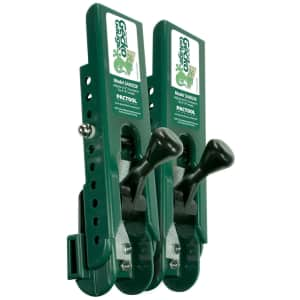
It's the best deal we've seen for this 2-pack. Buy Now at Amazon
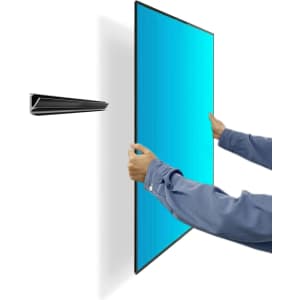
Clip the coupon to drop it to the best price we've seen. Buy Now at Amazon
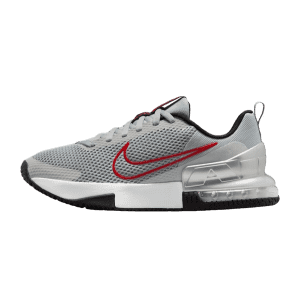
Use promo code "STRONG" to get an extra 25% off this collection of men's shoes, some of which are already reduced by 40% or more. We've pictured these Nike Men's Air Max Alpha Trainer 6 Workout Shoes for $53 after the code. Nike Members get free shipping over $50 and pay a reduced fee of $5 otherwise. (It's free to join. If you check out as a guest you'll get free shipping over $75.) This coupon code expires December 28 Buy Now at Nike

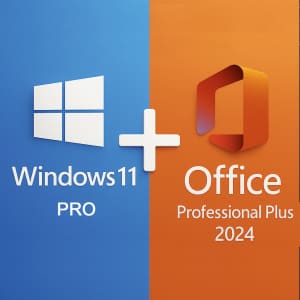
DigitalKeysBox offers Bundle: Windows 11 Pro + Microsoft Office Pro 2024 (Lifetime, Digital Download) on sale from $368.99 reduced to $12.99 with code "WINTER_BUNDLE" applied in cart.
Features (Windows 11 Pro)
- BitLocker full-disk encryption
- Group policy management
- Remote desktop access
- Hyper-V virtualization
- Windows sandbox
Features (Microsoft Office Pro 2024)
- Lifetime license for 1 PC (Windows 10/11)
- Instant digital delivery
- One-time purchase — no subscription

It's the best price that Amazon has charged for this weather stripping. Buy Now at Amazon
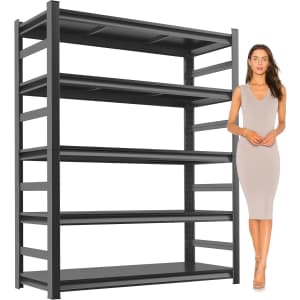
It's the second-best deal we've seen for this shelving unit. Buy Now at Amazon

It's the best price we've seen for this sofa and a great deal for a sectional sofa in general. Buy Now at Walmart

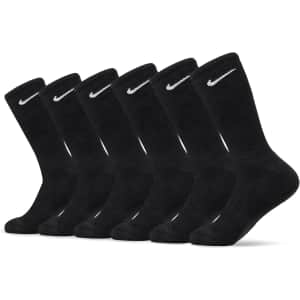
It's the best deal we've seen for a 6-pack of these socks and a low now by $3. Buy Now at Amazon
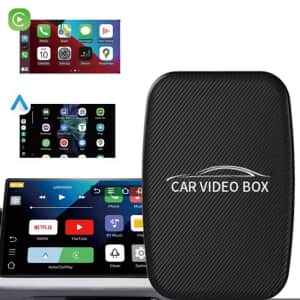
That's $29 less than you'd pay for a similar item elsewhere. Import fees and a payment processing fee may apply.
New Alibaba customers get free shipping; otherwise, it starts at around $5. Buy Now at Alibaba
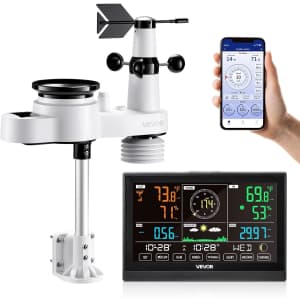
It's the best price that Amazon has charged for this weather station. Buy Now at Amazon

It's the best price that Amazon has charged for this hat and a great deal for a sun hat in general. Buy Now at Amazon

Sign up for free to start earning rewards where you can watch 500+ live TV channels and thousands of hit shows and movies on demand at Sling. Other terms and conditions may apply. Shop Now at Sling Freestream

That's a $6 low. Buy Now at Amazon

It's the best deal we've seen for this quantity. Buy Now at Amazon
- treats 60- to 180-square feet
- unlimited shelf life
- Model: E804064

It's the best price that Amazon has charged for this power tool organizer. Buy Now at Amazon

It's the second-best price we've seen for this set and a low now by $8. Buy Now at Amazon
- 598 pieces
- includes 2 minifigs
- Model: 43217

New members (and former members whose membership lapsed over six months ago) can save $30 on a 1-Year Membership to Sam's Club.
Be sure to check out blog with all of Sam's Club holiday hours, including which days feature extended shopping hours. Buy Now at Sam's Club

That's the best deal we've ever seen on this one, in any condition. A 1-year Allstate warranty applies. Buy Now at eBay

Here you'll find a bunch of cheap clearance items priced at $2 or less as part of Amazon Haul's $2 Flash Deals Sale. Many items are marked as low as 99-cents. Shipping is free on Amazon Haul orders of $25 or more. Buy Now at Amazon
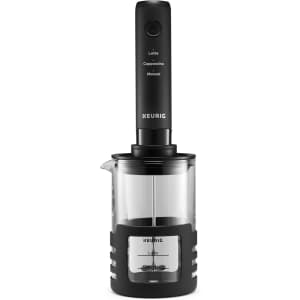
Most charge around double for this versatile handheld milk frother. Buy Now at Amazon
- USB rechargeable
- microwave-safe frothing cup

This popular set is back at the best price we've seen. Buy Now at Amazon

Use promo code "STRONG" to drop these shoes to the second-best price we've seen this year. (It's also a low now by $31.) Shipping is free on orders of $50 or more for Nike members. (It's free to join.) Buy Now at Nike

It's the best price that Amazon has charged for a pair. Buy Now at Amazon
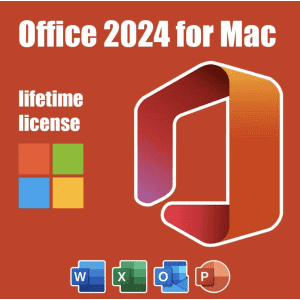
DigitalKeysBox offers Microsoft Office Standard 2024 for Mac (Lifetime License, 1 Device) for $14.99 (reduced from $249.99) via coupon code "WINTER_MAC". Buy Now at Digitalkeysbox
- Includes Word, Excel, PowerPoint, Outlook.
- Instant email delivery — download and activate today.
- Lifetime license — one-time purchase, no subscription required.
- Compatible with macOS 12 Monterey, macOS 13 Ventura, and macOS 14 Sonoma.
- Ideal for personal, school, or business use on Mac devices.
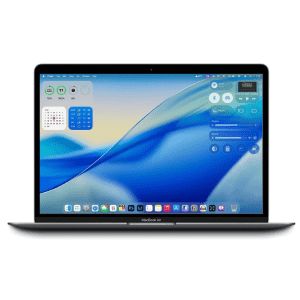
That's the best price we've ever seen on this model, in any condition. A 1-year Allstate warranty applies. Buy Now at eBay
- Apple M1 7-Core CPU
- 13.3" 2560x1600 Retina display
- 8GB RAM & 128GB SSD
- macOS Big Sur 11.0
- Model: MGN63LL/A
- UPC: 194252048955
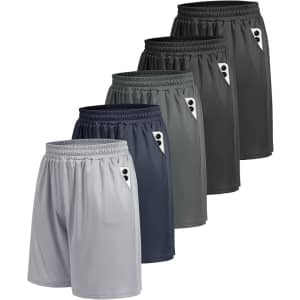
It's the best deal we've seen for this 5-pack of men's gym shorts. Buy Now at Amazon

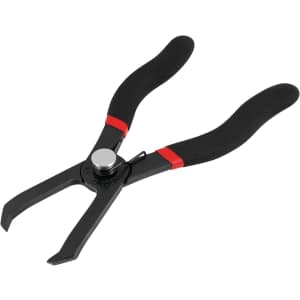

Apply coupon code "9Y6MZE33" for a savings of at least $9. Buy Now at Amazon

Apply coupon code "93AW5HRU" for a savings of at least $3. The 2-pack is also available for $5.59 after the same promo code. Buy Now at Amazon

You'd pay around $50 elsewhere. Buy Now at Woot! An Amazon Company
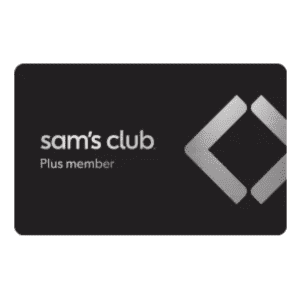
New and lapsed members can save $50 on an annual Plus membership for Sam's Club - earning all of the discounts and perks of the standard membership, as well as scoring free shipping on most orders over $50 and earning 2% back in Sam's Cash on in-club purchases.
Be sure to check out blog with all of Sam's Club holiday hours, including which days feature extended shopping hours. Buy Now at Sam's Club
How Much Can I Save on the Hottest Deals?
The average savings can vary wildly day by day, but we regularly see discounts of anywhere from 15% to 96% off. The biggest discounts usually pop up for holidays, such as these Early Prime Day Deals. Thanks to coupon codes giving extra discounts, we'll regularly see shoes and apparel from the biggest brands like Nike, adidas, and New Balance at over 50% off. If you're looking for tools or home improvement, we see deals from stores like Home Depot and Lowe's that take up to 70% off. Plus, if something's at its best-ever price, or close to it, or is just something we think is extra neat, you'll probably find it on our Staff Picks page.
How Often Are the Hottest Deals Updated?
Around the clock! An international team of highly-trained deal jockeys is constantly scouring Amazon, Walmart, Best Buy, Target, and any other store you care to name, seeking out the latest and greatest deals for you to peruse. From daily deals and doorbusters to niche finds and off-the-wall offers, our pages are always being updated with something new and interesting and discounted.



